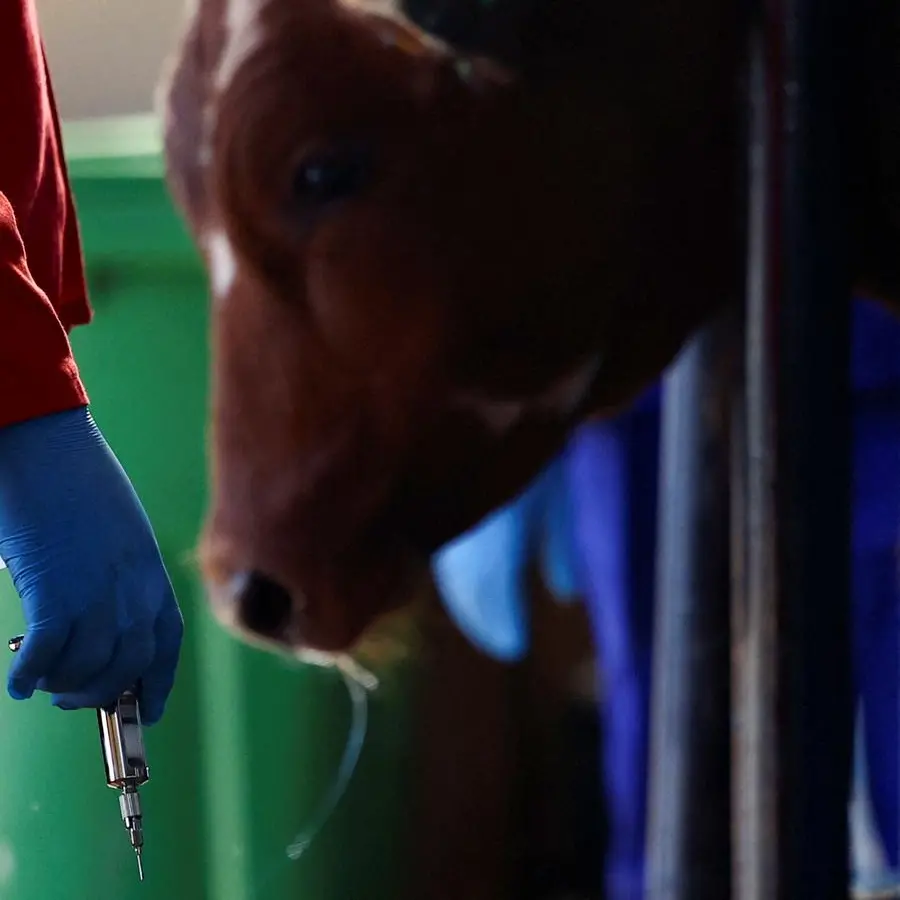PHOTO
DUBAI - The Emirates Health Services (EHS) has revealed the outcomes of its Green Patient Care project which was launched earlier this year as part of its sustainability drive.
The announcement came during EHS’ participation in an event titled “Climate and Health response in UAE” which was hosted by the Ministry of Health and Prevention (MOHAP) on the sidelines of COP28 at Expo City.
According to EHS, the healthcare facilities in the UAE receive close to 2.6 million outpatient visits in a year. Studies suggest around 17 percent of the total emissions of the healthcare sector result from transportation of patients and medical aid leading to 5 million tonnes of CO2 emissions monthly. EHS forecasted six months emissions using advanced statistical techniques and developed an AI based solution to reduce these emissions.
Dr. Sara AlShaya, Director of the Data and Statistics Department at EHS, presented the outcomes of the Green Patient Care project speaking extensively about the Virtual Health Clinics/Telemedicine and the AI model in providing health services while reducing carbon footprint.
As part of its Green Patient Care project, EHS launched the first of a kind CO2 simulator for estimation of carbon emission due to patient commute and used advanced AI to identify avoidable in-person visits. These initiatives led to 300,000 e-visits in 2023 which resulted in cutting down more than 6 million tonnes of CO2 emissions. They also helped in creating awareness among patients about the carbon footprint generated by hospital visits and urging them to use virtual consultation whenever possible.
The virtual care was also enhanced using advanced AI model which proactively identified visits to be converted to tele-visits. The machine learning model output were integrated within the appointment booking system to effectively assist the conversion to tele-visits. These initiatives resulted in an overall 12 percent reduction of CO2 emissions.
Dr. AlShaya said, “We are very happy to share the results of the Green Patient Care project. The initiative was launched to drive sustainability in the healthcare sector and encourage patients and healthcare practitioners to work towards reducing their carbon footprint and that of the industry. The major sources of carbon emissions in the healthcare industry include hospital buildings, travel and transportation, and medical devices and equipment. Pharmaceutical and medical waste also need to be managed efficiently to reduce impact on the environment. We were mindful of all these factors in the project which aimed to foster sustainability using AI and simulation. Going forward we will continue to build more sustainable solutions for the healthcare sector.”
The project involves continuous monitoring and training across EHS to reduce carbon emissions and make the Healthcare Sector more sustainable.





















